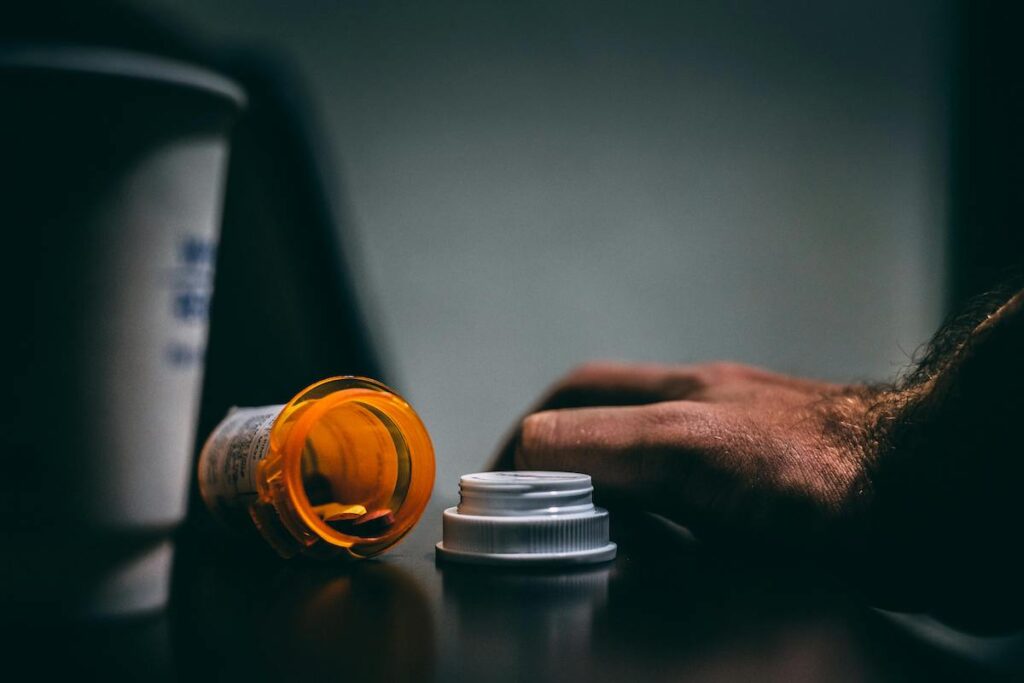Facing Substance Abuse in Our Community
Substance abuse is a growing concern across the country, but each community faces its own unique challenges. In Columbia, SC, a range of addictive substances have become prevalent, affecting individuals and families across all walks of life. While the city is known for its vibrant culture and strong community values, substance use has quietly impacted many households. Understanding which drugs are most commonly abused in Columbia and recognizing the early signs of addiction can empower loved ones to intervene and seek help. This blog explores the most Commonly abused substances in Columbia, their effects, and how to spot the signs before the problem becomes more severe.
Alcohol: The Most Accessible and Widely Used Substance
Alcohol remains one of the most commonly abused substances in Columbia and beyond. Its legal status and social acceptance make it readily accessible, which contributes to its widespread use. While moderate consumption is often seen as normal, excessive drinking can quickly lead to dependency and physical health complications.
Signs of alcohol abuse may include increased tolerance, drinking in secrecy, frequent hangovers, and a growing inability to manage responsibilities. Over time, alcohol addiction can damage the liver, impair cognitive function, and increase the risk of depression and anxiety.
Opioids and Prescription Painkillers
Opioid misuse has become a major public health concern throughout South Carolina. In Columbia, prescription painkillers like oxycodone, hydrocodone, and fentanyl are commonly misused due to their potent pain-relieving properties. Many people who begin taking these medications after surgery or injury find themselves reliant on them long after the physical pain has healed.
Signs of opioid addiction include drowsiness, frequent flu-like symptoms, mood swings, and withdrawal from friends or family. As tolerance builds, individuals may take higher doses than prescribed or turn to illicit alternatives like heroin. This escalation increases the risk of overdose and long-term brain and organ damage.
Methamphetamine: A Powerful and Destructive Stimulant
Methamphetamine, commonly known as meth, is a highly addictive stimulant that has seen a resurgence in Columbia. Known for its intense high and increased energy, meth can quickly deteriorate physical and mental health. It is often made in local labs or trafficked into the area, making it a particularly dangerous presence in the community.
People addicted to meth may exhibit paranoia, extreme weight loss, severe dental issues (often called “meth mouth”), and erratic behavior. Long-term use can lead to permanent brain changes, psychosis, and cardiovascular complications.
Cocaine and Crack Cocaine
Cocaine and its derivative, crack cocaine, are stimulants that create intense bursts of energy and euphoria. These drugs are often used in social settings, but their addictive nature can quickly take hold. In Columbia, both powdered cocaine and crack are present across different age groups and demographics.
Warning signs include nosebleeds, insomnia, rapid speech, aggressive behavior, and intense cravings. Cocaine use can strain the heart, increase the risk of stroke, and trigger episodes of paranoia or anxiety. Overdose is also a very real risk, especially when cocaine is mixed with other substances like fentanyl.
Marijuana: Normalized Yet Not Risk-Free
While marijuana is increasingly viewed as a less dangerous drug, regular use still poses mental health risks—particularly for young adults. In Columbia, marijuana is one of the most commonly used substances among college students and young professionals.
Signs of problematic marijuana use include memory problems, decreased motivation, altered judgment, and social withdrawal. Though it may not lead to physical dependency like opioids or meth, long-term use can negatively affect cognitive function and emotional regulation, especially in those predisposed to mental health issues.
Benzodiazepines: Misused Anxiety Medications
Medications like Xanax, Ativan, and Valium are prescribed for anxiety, insomnia, or panic disorders. However, benzodiazepines are highly addictive, and misuse is on the rise in Columbia. They are often combined with alcohol or opioids, creating a dangerous mix that can lead to overdose.
Behavioral signs of benzodiazepine abuse include drowsiness, confusion, slurred speech, and poor coordination. Over time, dependence can develop quickly, and withdrawal can be especially dangerous without medical supervision.
Synthetic Drugs and Club Drugs
Columbia’s nightlife scene and college campuses have also seen the use of synthetic and club drugs like MDMA (ecstasy), LSD, and ketamine. These substances are often used recreationally but can have unpredictable effects on the mind and body.
Users may experience hallucinations, emotional instability, and dangerous physical reactions like elevated heart rate and dehydration. Long-term use can impair memory, decision-making, and emotional regulation. Because many of these drugs are manufactured in unregulated environments, their potency and safety vary widely.
Recognizing Early Warning Signs of Addiction
Addiction doesn’t always begin with sudden or obvious changes. It often starts gradually, with small shifts in behavior or mood. Learning to recognize the signs early can make a life-saving difference:
- Increased secrecy or defensiveness
- Loss of interest in activities or relationships
- Erratic sleep and eating habits
- Neglect of personal hygiene or responsibilities
- Unexplained financial issues or legal problems
If multiple signs are present over an extended period, it may be time to seek professional help. Trust your instincts—waiting for “rock bottom” is never necessary to take action.
How The Wave of Columbia Can Help
The Wave of Columbia offers comprehensive addiction treatment for individuals affected by all types of substance use. Our team is experienced in treating both the physical dependence and the underlying mental health challenges that often accompany addiction.
We offer a full continuum of care, including medical detox, residential treatment, partial hospitalization (PHP), and intensive outpatient programming (IOP). Each plan is tailored to meet the unique needs of our clients, whether they’re struggling with alcohol, opioids, stimulants, or multiple substances.
Our evidence-based therapies include:
- Cognitive Behavioral Therapy (CBT) to reframe harmful thought patterns
- Dialectical Behavior Therapy (DBT) for emotional regulation
- Trauma-informed care for clients with unresolved emotional wounds
- Family therapy and support groups to promote long-term healing
Community Education and Prevention
Awareness is the first step in reducing substance abuse in Columbia. Parents, educators, and community leaders all play a role in prevention. Open conversations about the dangers of substance use and the resources available can make a significant impact.
At The Wave of Columbia, we believe that educating the public is a vital part of our mission. We work closely with families and individuals to ensure that everyone understands the risks and options for recovery. No one should face addiction alone.
A Community Response to a Growing Problem
Substance abuse in Columbia, SC is a real and pressing issue—but it’s not without hope. By understanding the most commonly abused substances and learning how to recognize early signs, you can help prevent long-term damage and support loved ones in need.
If you or someone you know is struggling with substance use, reach out to The Wave of Columbia. Our compassionate team is here to provide expert care, guidance, and hope for a brighter future.



